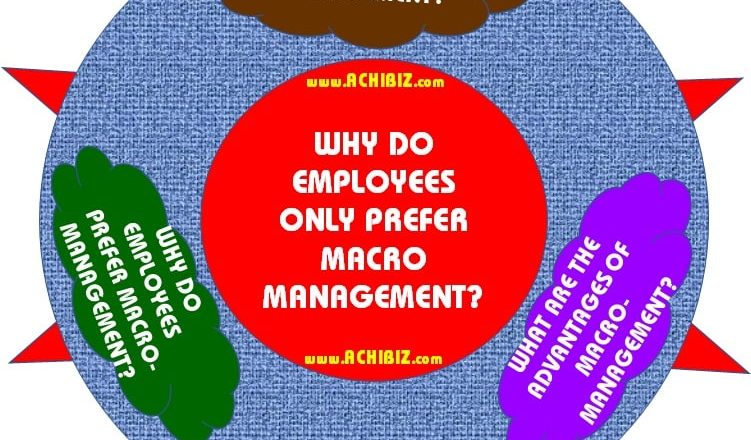Features | | |
Introduction | - One of the most preferred corporate vehicle for wider range of business journey
| - A basic form of business vehicle with two or more co-partners
|
Suitability of Business Vehicle | - Suitable for carrying all types of business activities including professional services
| - Suitable for a small to medium size of business journey with co-partners
|
Definition | - A business form which is a legal entity separate and distinct from its shareholders and directors
| - An association of two or more persons carrying on business in common with a view to profit
|
Ownership or Owners | - Exempt Private Company – 20 members or less and no corporation holds beneficial interest in the company’s shares
- Private Company – 50 members or less
- Public Company – can have more than 50 members
| - Between 2 and 20 partners.
- A partnership of more than 20 partners must incorporate as a company under the Companies Act, Chapter 50 (except for professional partnerships)
|
Legal Identity or Status | - A separate legal entity from its members and directors
- Members have limited liability
- Can sue or be sued in company’s name
- Can own property in company’s name
- Members not personally liable for debts and losses of company
| - Not a separate legal entity
- Partners have unlimited liability
- Can sue or be sued in firm’s name
- Cannot own property in firm’s name
- Partners personally liable for partnership’s debts and losses incurred by other partners
|
Requirements For Registration or Formation or Incorporation | - Minimum of one share.
- Minimum Paid-up capital is S$1 (SGD One Only)
- At least one shareholder.
- At least one director ordinarily resident in Singapore, at least 18 years old.
- If a foreigner wishes to act as a local director of the company, he can apply for an EntrePass from the Ministry of Manpower (MOM).
- Undischarged bankrupts cannot be a director and cannot manage a company without approval from the Court or the Official Assignee.
| - Age 18 years or above. Singapore citizen / Singapore Permanent Resident / EntrePass holder.
- If owner not resident in Singapore, he must appoint an authorized representative who is ordinarily resident in Singapore.
- Self-employed persons must top up their Medisave account with the CPF Board before they register a new business name, become a registrant of an existing business name, or renew their business name registration.
- Undischarged bankrupts cannot manage the business without approval from the Court or the Official Assignee.
|
Easiness of Registration | - An easy process to be completed within a few hours however subject to referral to different authorities which may delay up to 14 working days
| - An easy process to be completed within a few hours however subject to referral to different authorities which may delay up to 14 working days
|
Level of Fees for Registration | - High when comparing to other form of business vehicles
| - Low set up costs among all business vehicles
|
Renewal Costs | - Perpetual succession hence renewal is not applicable
| |
Perception of Business by the Public | - Regarded more trust worthy and credibility
| - Regarded least trust worthy and credibility
|
Funding Opportunities | - Avenue for equities from members including venture capital funding.
- Obtaining financial loans is relatively easier compared to other form of businesses.
| - Capital injection is limited to the new partner.
- Obtaining loans from banks is only by mortgaging the personal assets of the partners.
|
Yearly Statutory Obligations | - Must appoint a company secretary within 6 months of incorporation.
- Must appoint an auditor within 3 months after incorporation, unless the company is exempt from audit requirements
- Annual returns must be filed.
- Statutory requirements for general meetings, directors, company secretary, share allotments must be complied with.
| - Yearly renewals (one year or three years)
- CPF Medisave Top-Up required for Self-employed Persons before they can renew partnership
|
Taxation | - Profits taxed at corporate tax rates
| - Profits taxed at partners’ personal income tax rates
|
Taxation Form | | - Form P for Partnership & Form B for respective Partners
|
GST Implication | - GST obligation is at entity level based on own turnover
| - Based on combined turnover of all partnership businesses with the same composition (structure) of partners
|
Perpetual Existence in Law | - A company has perpetual succession until wound up or struck off.
| - Existence subject to partnership agreement
|
Transfer of Ownership | - Ownership can be transferred by sale and purchase of shares
| |
Closing the Business or Deregistration | - Winding Up – Voluntarily by members or creditors, compulsorily by the High Court
- Striking off
| - By the partners – Cessation of business
- Registrar can cancel registration if not renewed or where Registrar is satisfied business is defunct
|




